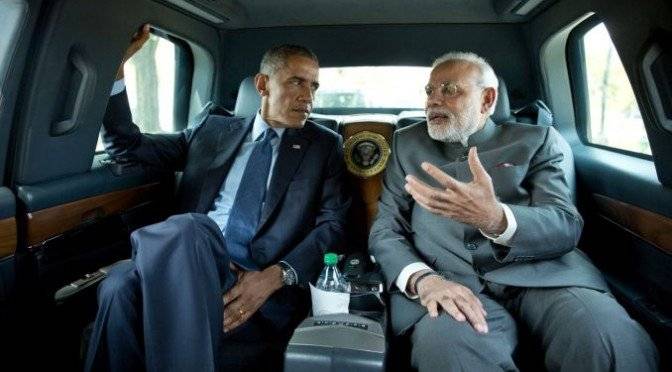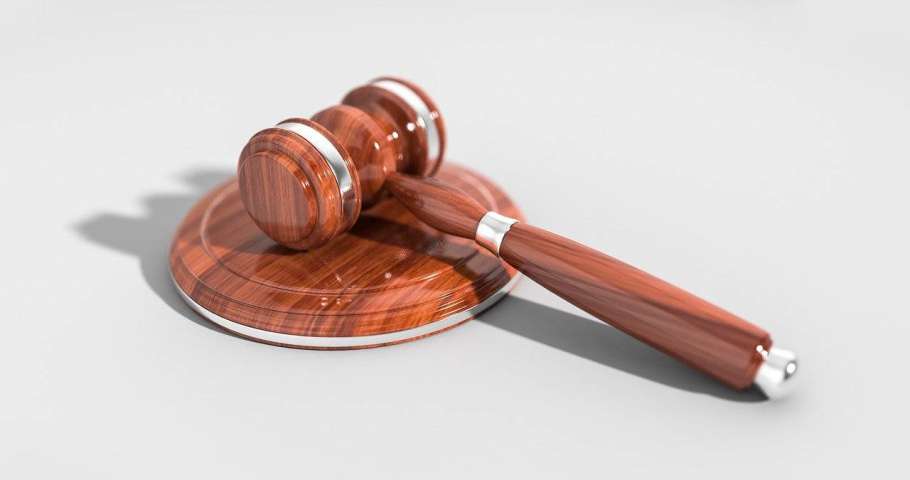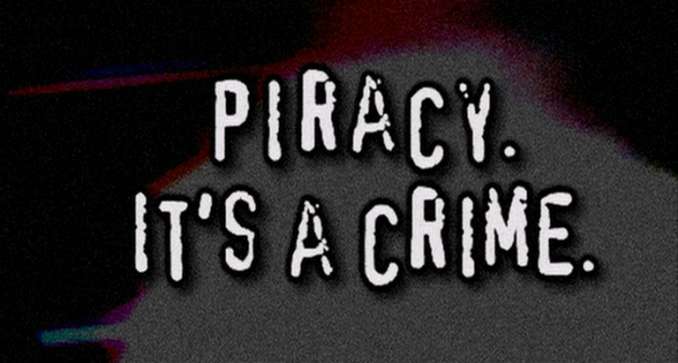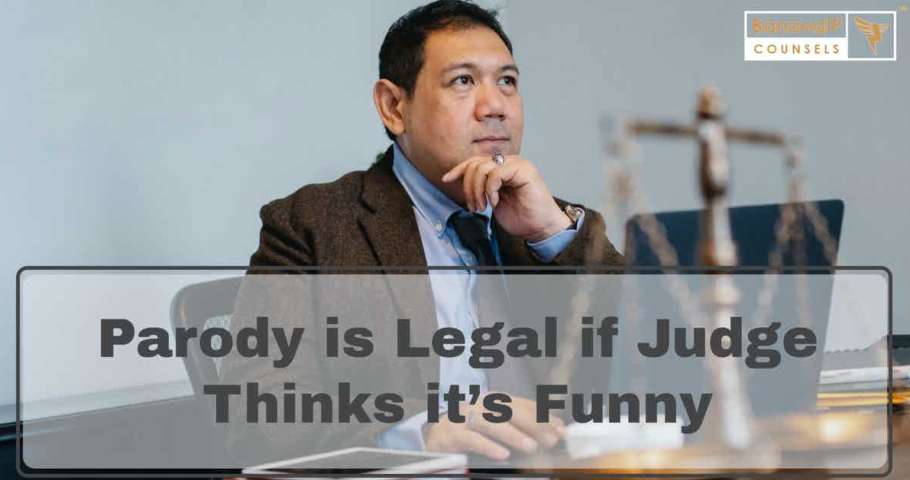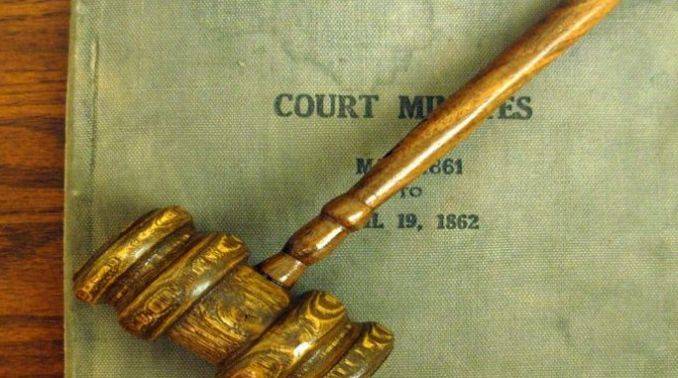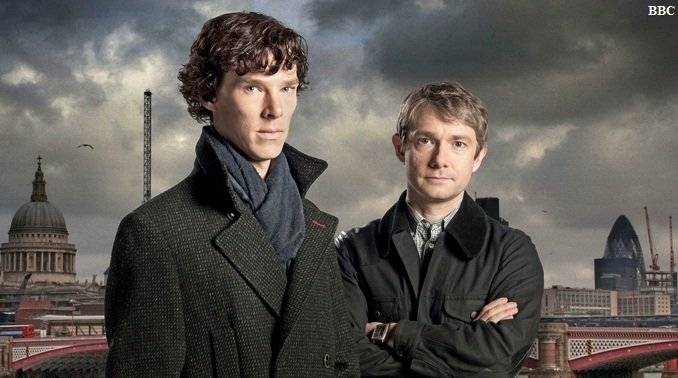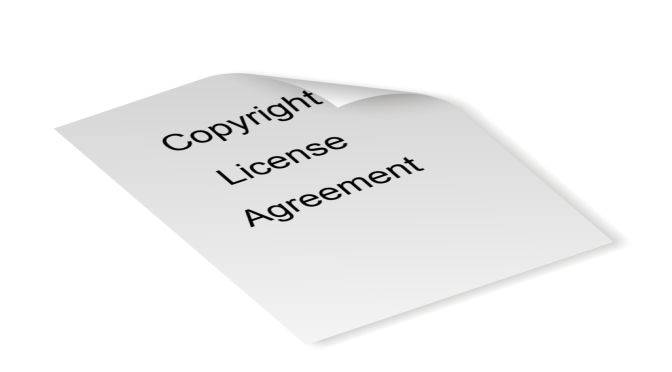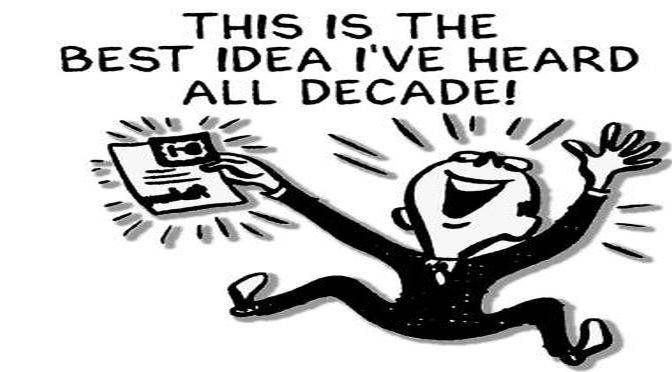Following the recommendations given in independent report by Professor Ian Hargreaves in 2011, the UK Government had come up with several changes in the copyright law covering aspects of fair dealing for accessible formats for the disabled, research and education, public administration, parody and personal copies for private use. Of these, the regulations allowing personal copies of legally-bought music to be made for private use, under exceptions to the copyright law, are facing strong resistance from the UK music industry.…


